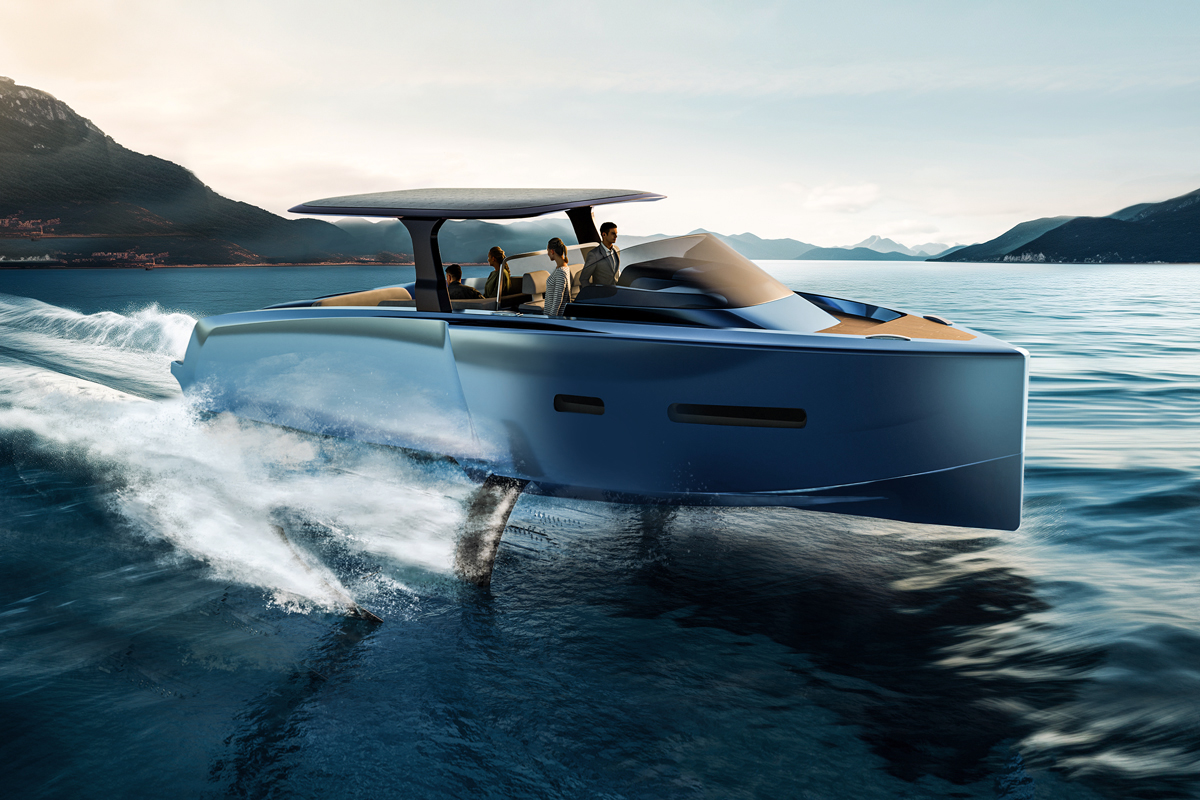
SEAir
FLYING BOAT
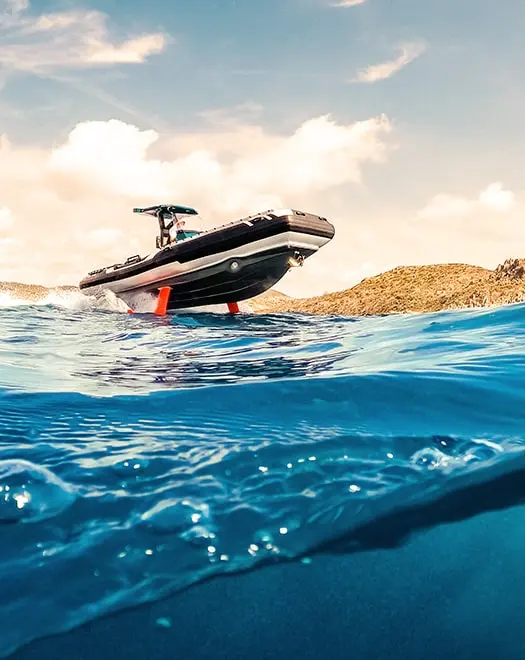
With an impressive lift-off speed of 16knots, SEAir Flying Tender®80 flies around 20 cm above the water surface and ensures smooth and stable sailing.
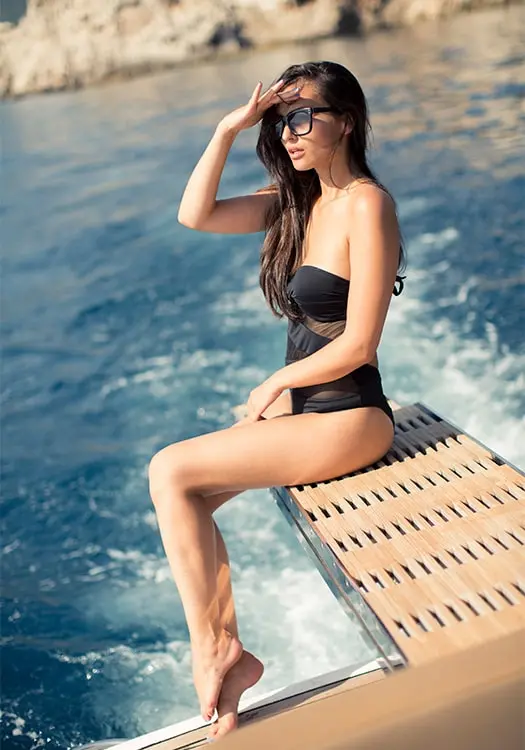
.. where French innovation meets luxury boating
YOU ARE INVITED
Our Flying Tenders offer unparalleled luxury and functionality. With increased average speeds of 20-30% and fuel efficiency savings, SEAir invites you to discover a world without limits.
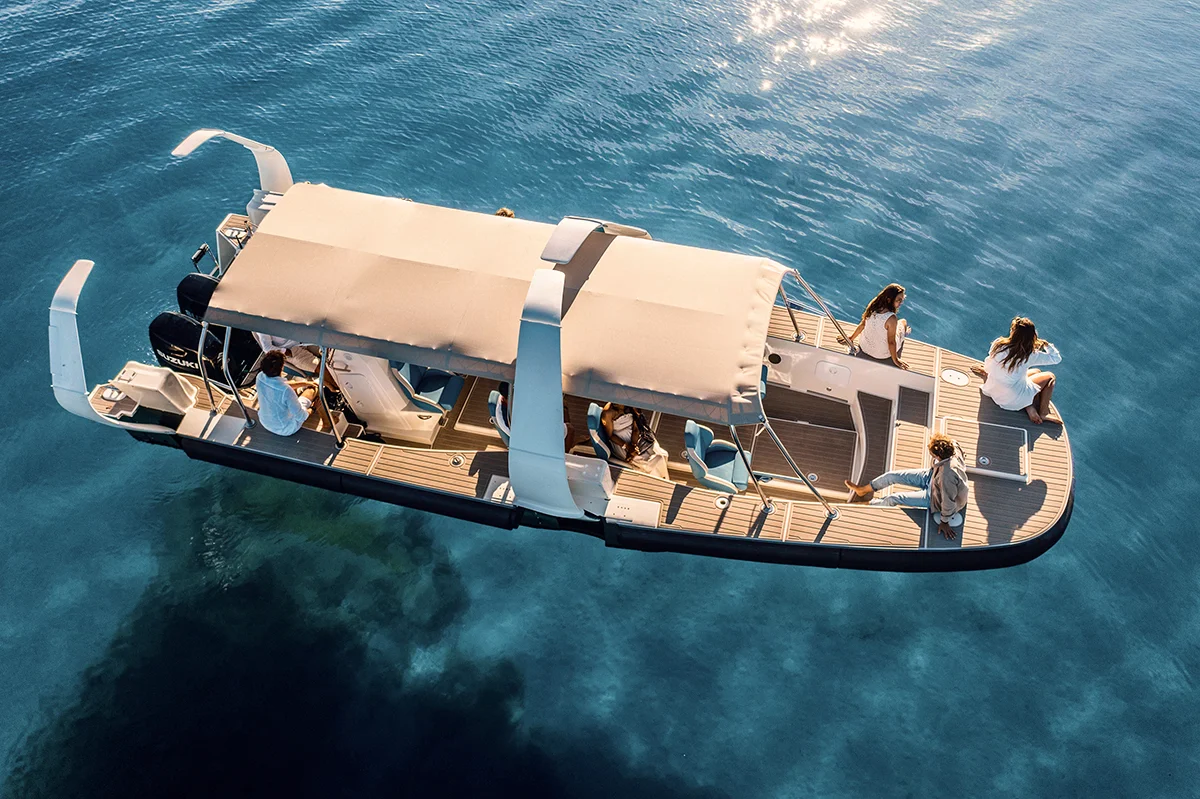
With SEAir’s innovative hydrofoil systems and unique designs, your on-water experience will never be the same again. Life is good with SEAir – get in touch with us today!

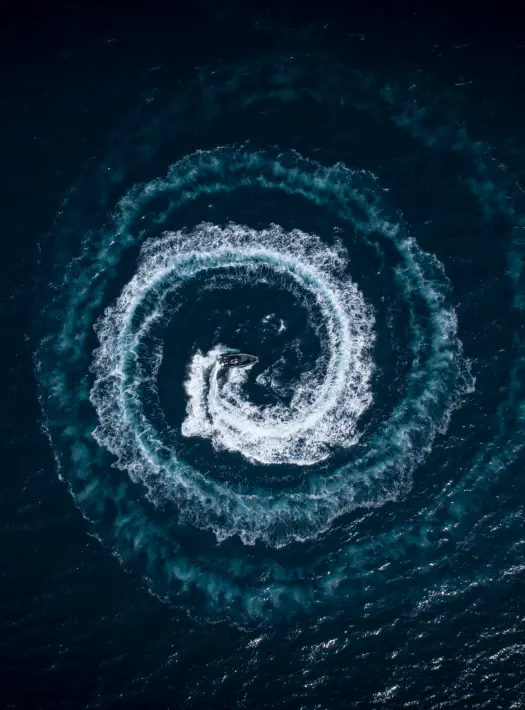
From the innovative Flying Tenders® 80 to the luxurious Flying Yacht 120, our creations are a testament to precision, sustainability, and flair.
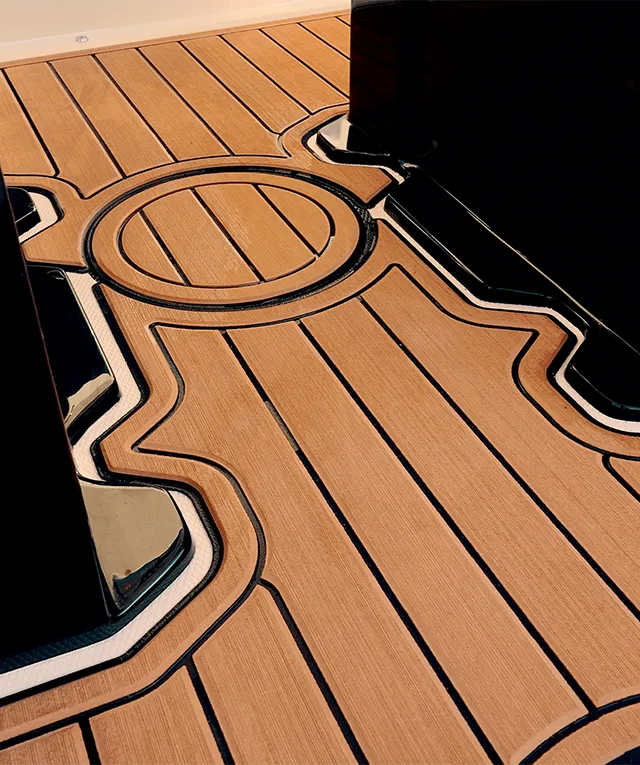
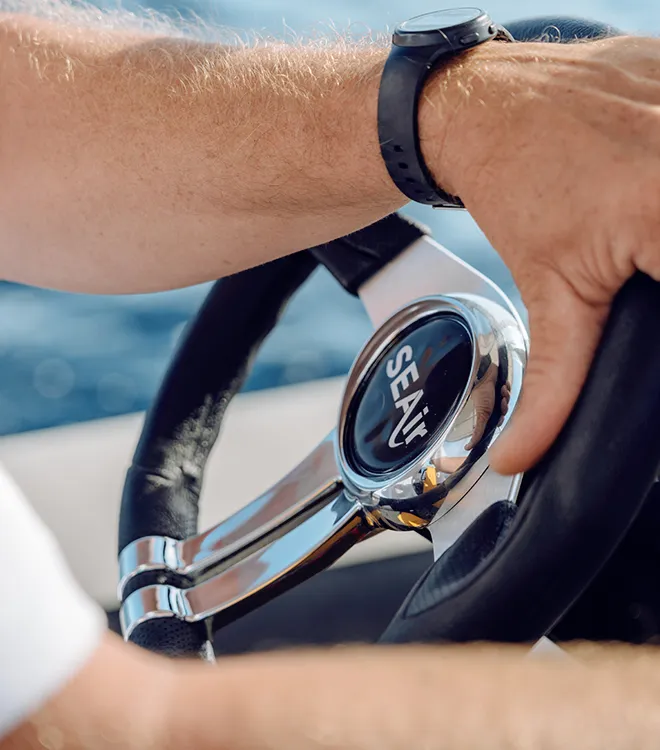
SUBSCRIBE TO THE
SEAir NEWSLETTER
Discover a world where luxury sails between sky and sea. Sign up for our newsletter and stay up to date with SEAir’s latest news and innovations.
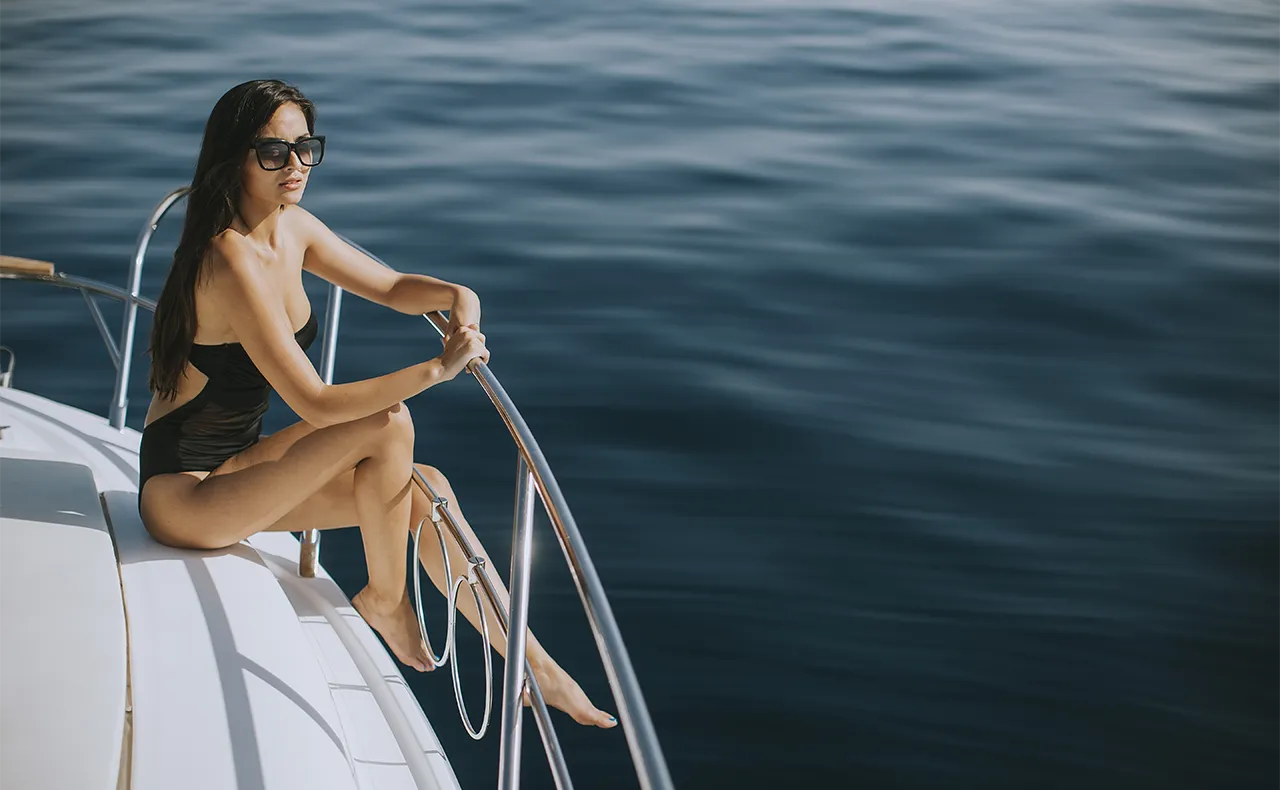
SEAir
FLEET
Discover a world where luxury sails between sky and sea. Sign up for our newsletter and stay up to date with SEAir’s latest news and innovations.
| Cookie | Durée | Description |
|---|---|---|
| cookielawinfo-checkbox-analytics | 11 months | This cookie is set by the GDPR cookie consent plugin. The cookie is used to store user consent for cookies in the "Analytics" category. |
| cookielawinfo-checkbox-functional | 11 months | The cookie is set by GDPR cookie consent to record the user's consent for cookies in the "Functional" category. |
| cookielawinfo-checkbox-necessary | 11 months | This cookie is set by the GDPR cookie consent plugin. It is used to store user consent for cookies in the "Necessary" category. |
| cookielawinfo-checkbox-others | 11 months | This cookie is set by the GDPR cookie consent plugin. This cookie is used to store user consent for cookies in the "Other" category. |
| cookielawinfo-checkbox-performance | 11 months | This cookie is set by the GDPR cookie consent plugin. This cookie is used to store user consent for cookies in the "Performance" category. |
| viewed_cookie_policy | 11 months | This cookie is set by the GDPR Cookie Consent plugin and is used to store whether or not the user has consented to the use of cookies. It does not store any personal data. |
DOWNLOAD OUR
PORTFOLIO

SUBSCRIBE TO THE
SEAir NEWSLETTER
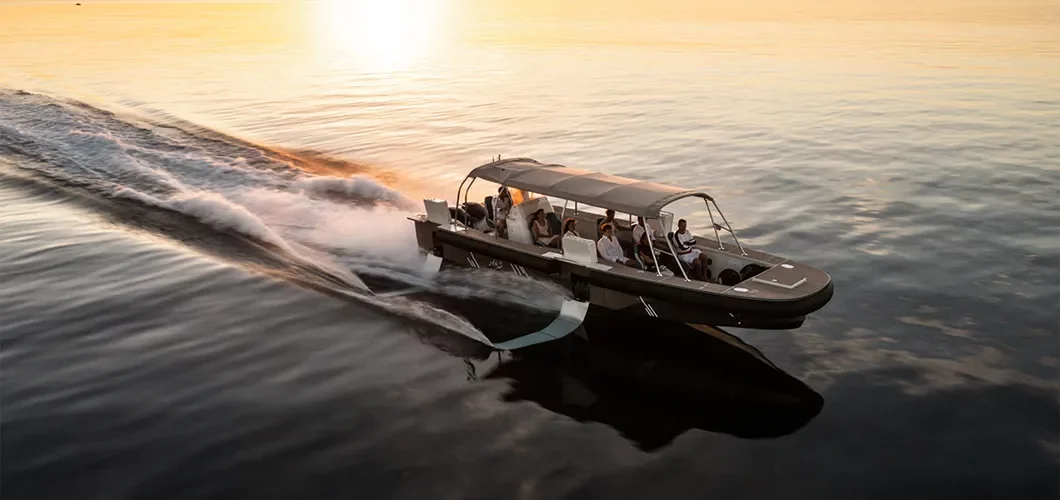
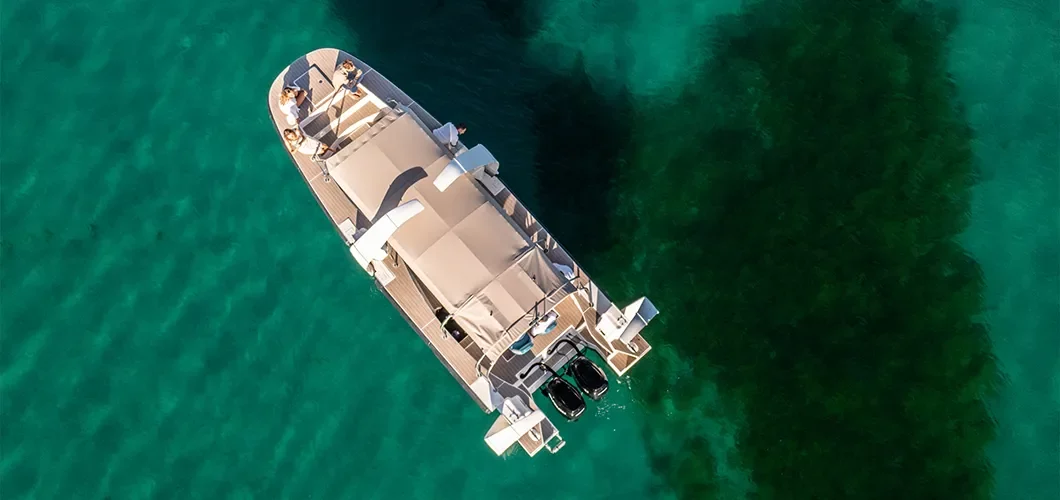
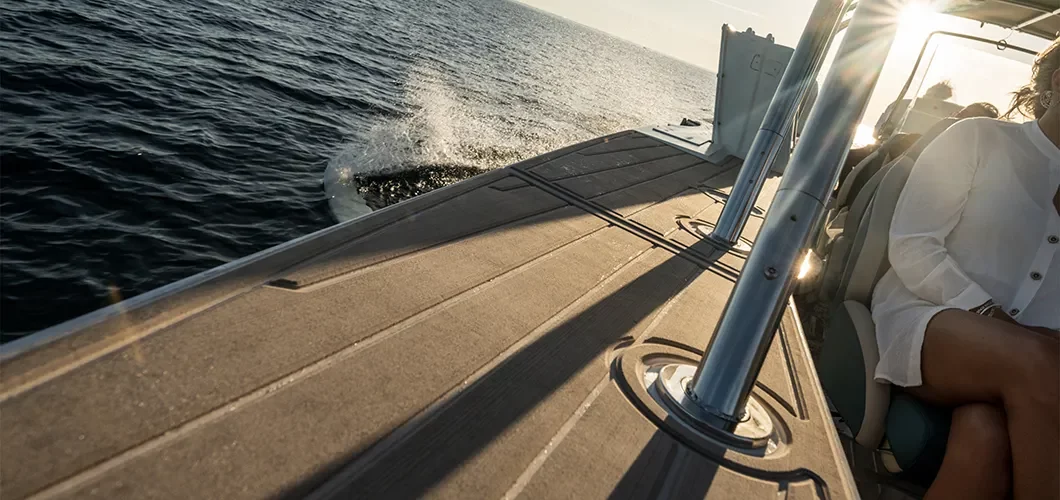
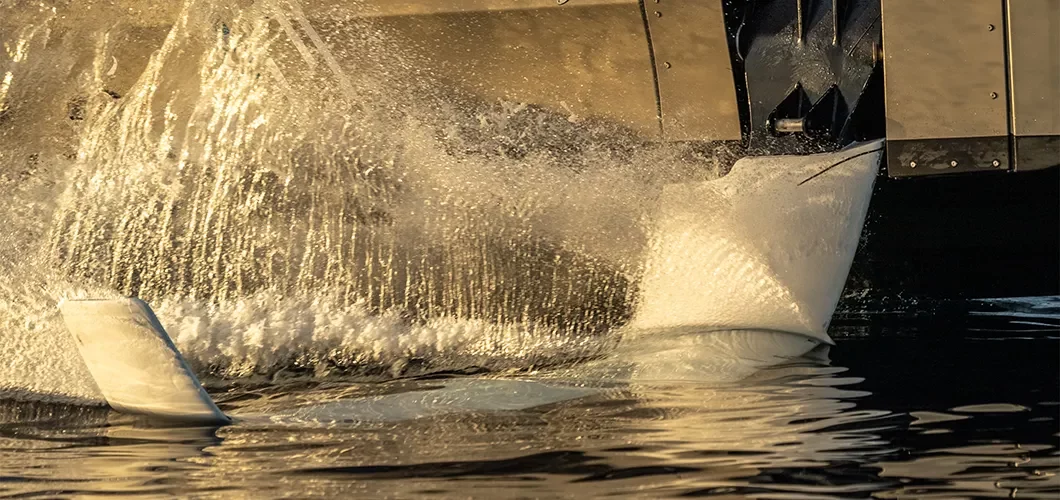
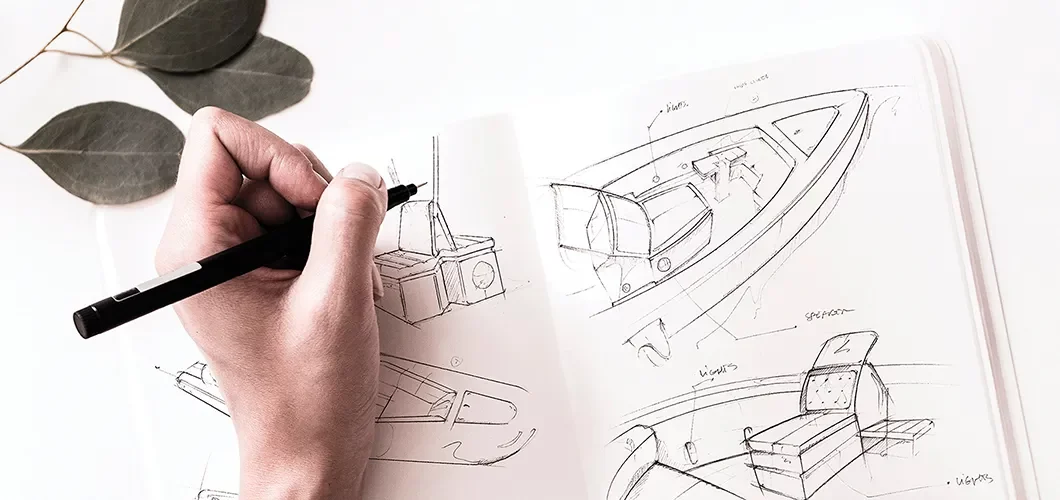
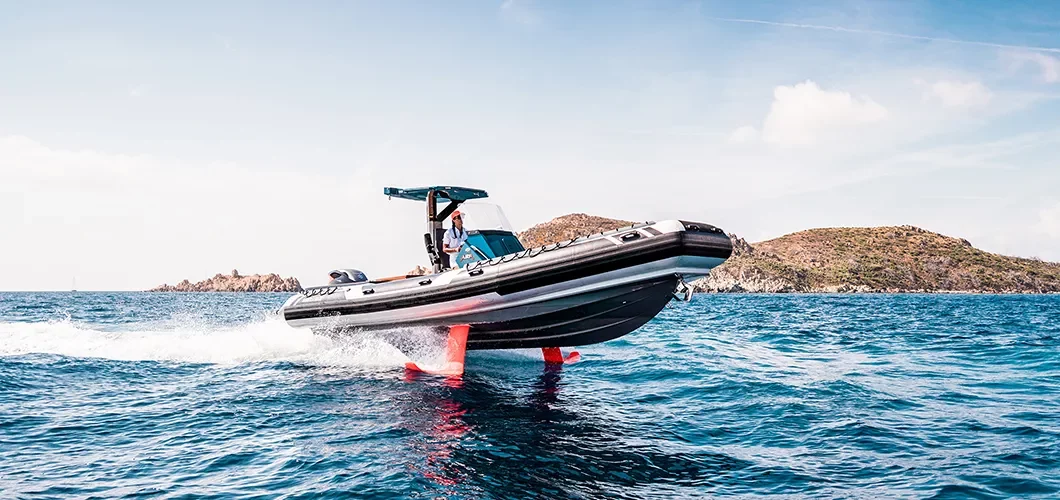
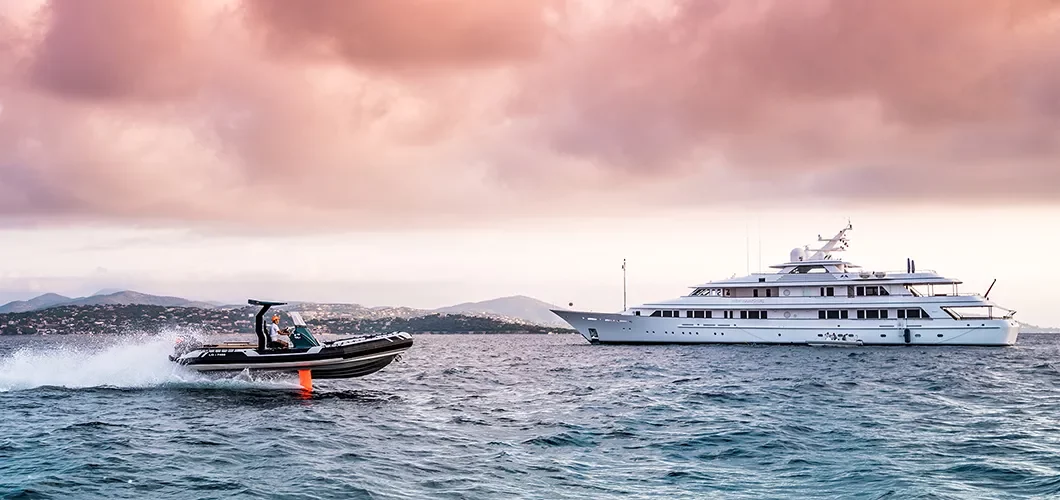
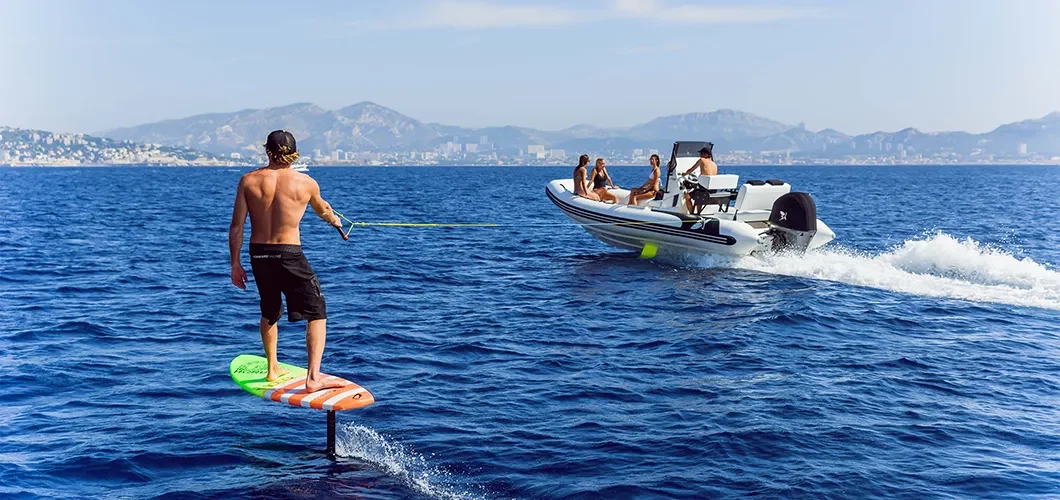
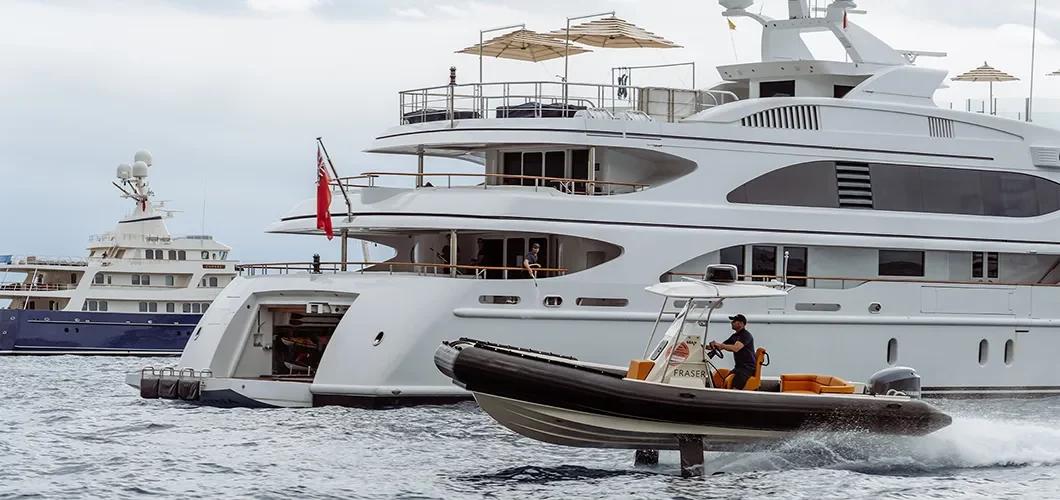
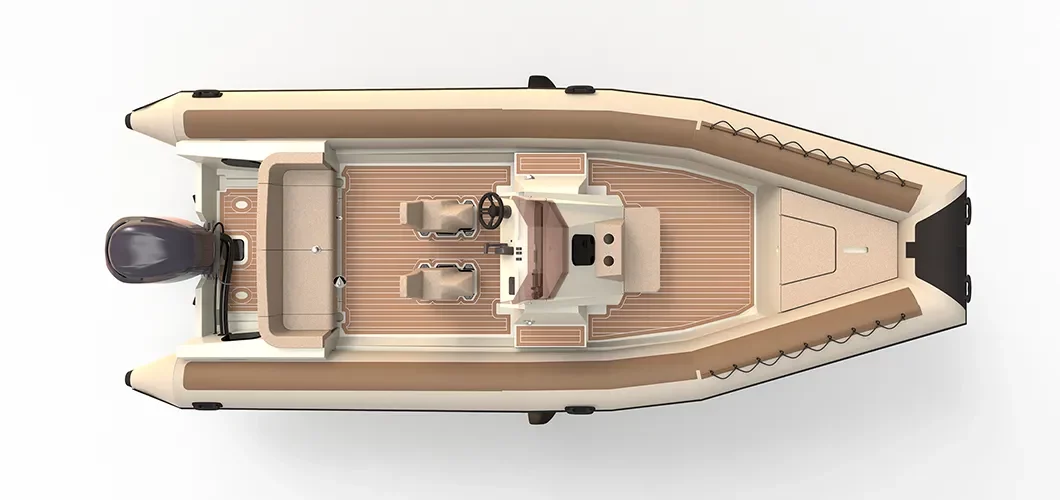
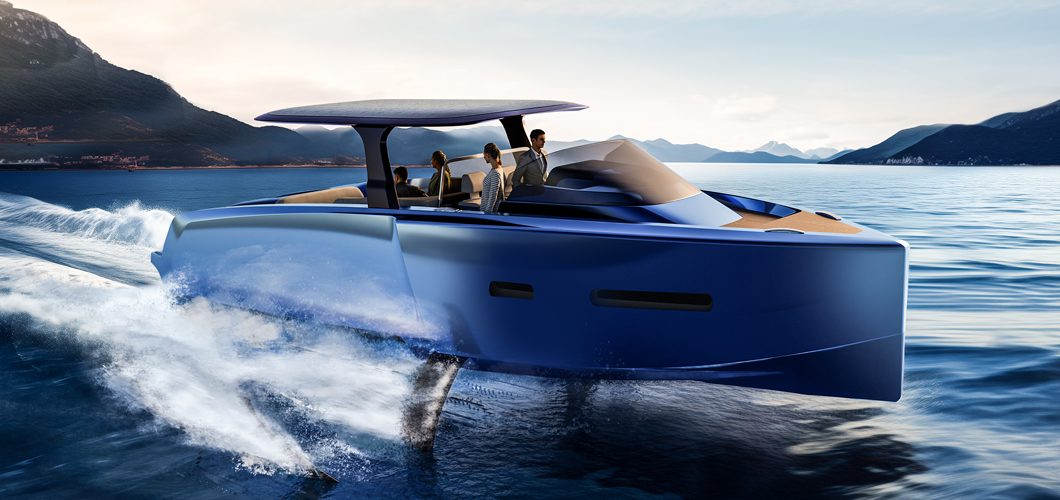
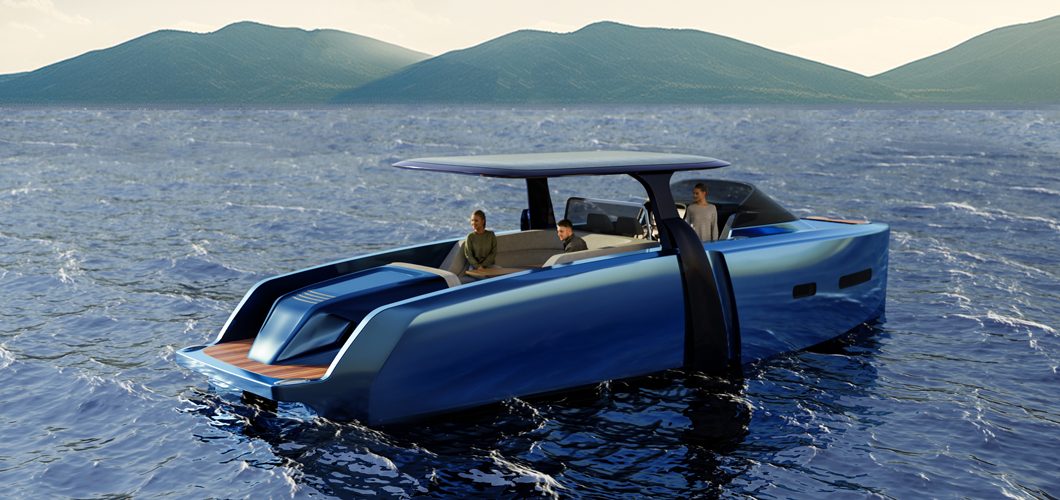
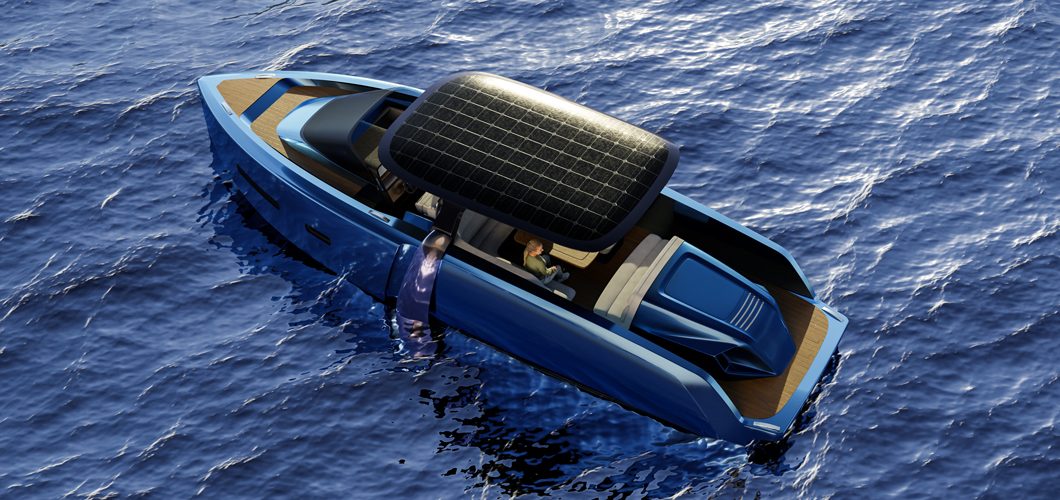
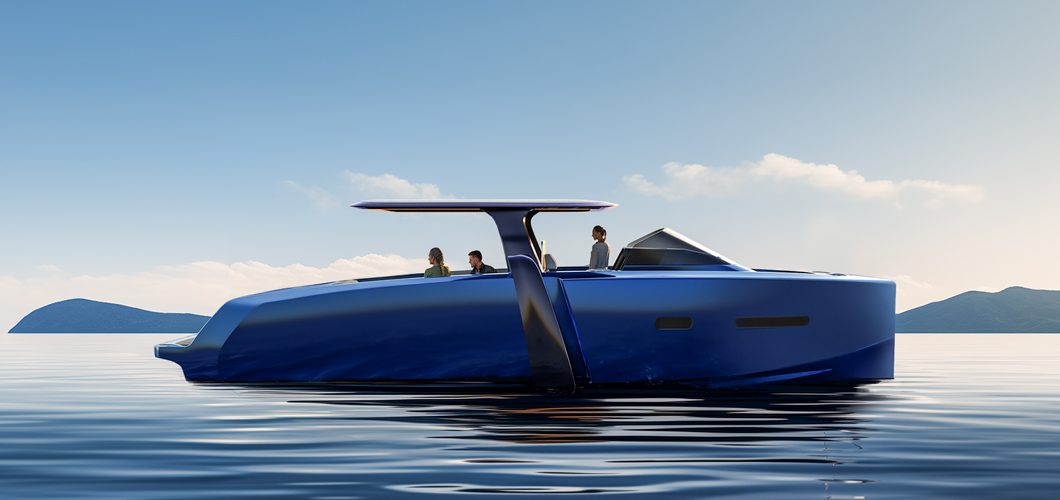
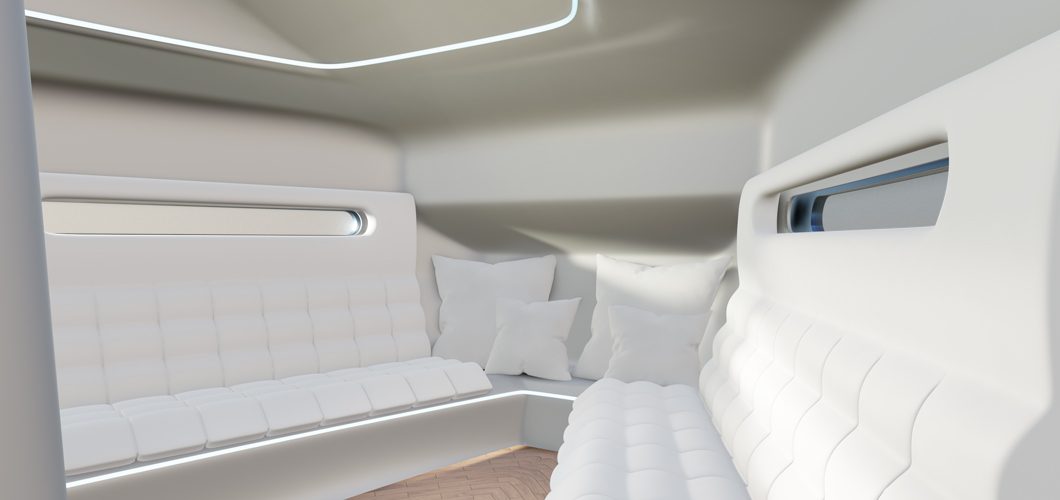
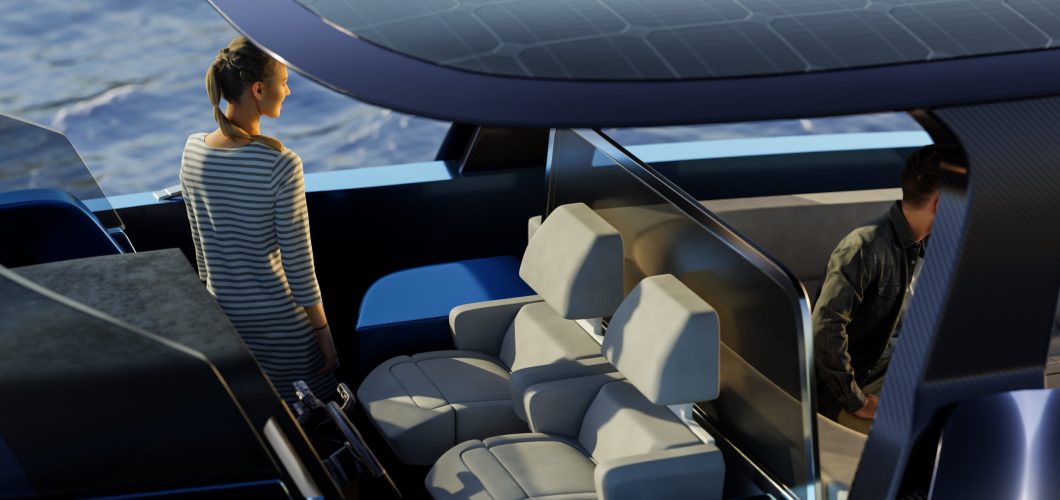
REQUEST
INFORMATION


